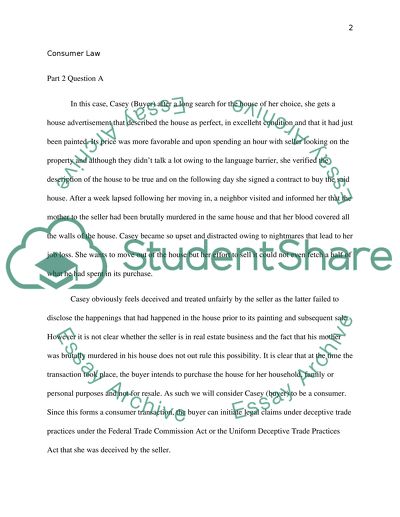Cite this document
(The USA Consumer Law Assignment Example | Topics and Well Written Essays - 2000 words, n.d.)
The USA Consumer Law Assignment Example | Topics and Well Written Essays - 2000 words. Retrieved from https://studentshare.org/law/1556257-usa-consumer-law
The USA Consumer Law Assignment Example | Topics and Well Written Essays - 2000 words. Retrieved from https://studentshare.org/law/1556257-usa-consumer-law
(The USA Consumer Law Assignment Example | Topics and Well Written Essays - 2000 Words)
The USA Consumer Law Assignment Example | Topics and Well Written Essays - 2000 Words. https://studentshare.org/law/1556257-usa-consumer-law.
The USA Consumer Law Assignment Example | Topics and Well Written Essays - 2000 Words. https://studentshare.org/law/1556257-usa-consumer-law.
“The USA Consumer Law Assignment Example | Topics and Well Written Essays - 2000 Words”. https://studentshare.org/law/1556257-usa-consumer-law.


